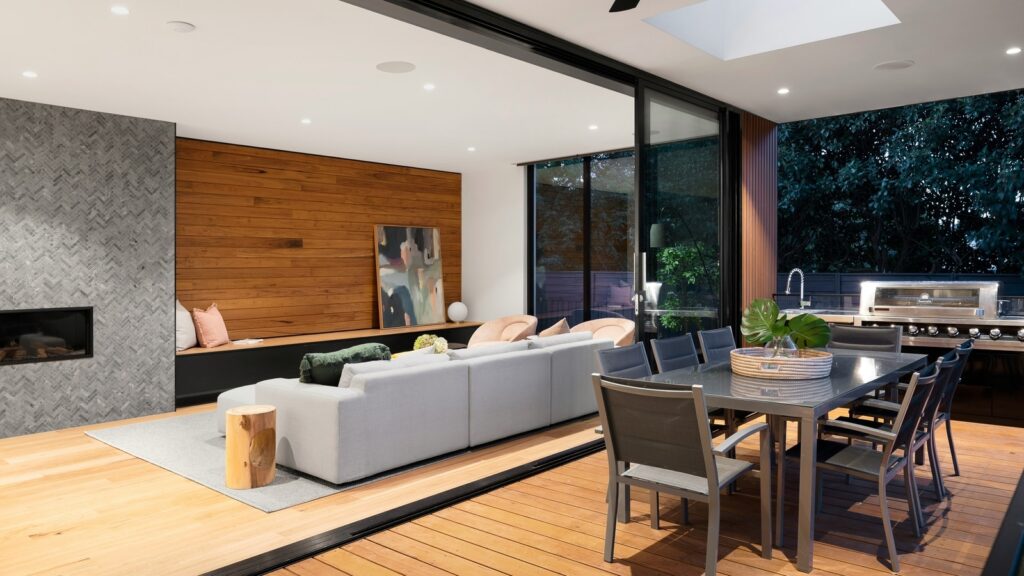In a world of increasing technological innovation, our living spaces are transforming to new heights of prominence. This has given rise to the concept of smart home, turning the future into reality and transforming the way we interact with our environment. Smart home works on the idea of automation and connectivity, simplifying various daily tasks. By embracing the Internet of Things (IoT) and Artificial Intelligence (AI), tech-integrated homes offer unmatched efficiency. Smart home is likely to upgrade the design industry with technologies like air conditioning and clever appliances. HT Lifestyle reaches out to design experts from the industry to delve into smart home ideas and explore the trends and innovations shaping modern living. (Read also: Embrace rustic decor: 4 tips for bringing a relaxed, timeless look to your home interior )
Top Smart Home Trends and Innovations
IoT Integration and Seamless Connectivity
“Smart homes are incorporating IoT to provide seamless communication and create an intelligent ecosystem. For added convenience, smart thermostats and lighting systems are also incorporating IoT. Moreover, security cameras and home appliances also help people communicate easily through wireless networks. This interconnectivity allows users to remotely control their homes through various applications,” said Ar. Sumit Dhawan, Founder and Principal Architect, Cityspace82 Architects. Seamless connectivity allows devices to work in harmony and provide a customized experience.
Enhanced monitoring and security
Modern homes can be protected from intruders with advanced security and surveillance systems. Rohit Suraj, CEO and founder, Urban Zen, emphasizes the point, explaining, “Advanced systems include technologies like facial recognition and motion detection to monitor the space in real time. AI-powered analytics, smart locks and interconnected cameras allow users to monitor from across the globe, giving them added peace of mind. Additionally, geo-fencing and automated alerts enhance security and enable faster response, creating a safer living environment.”
Smart Energy Management
Technology-integrated homes also enable users to save energy for a better tomorrow. “The incorporation of advanced sensors, smart meters, and AI-driven data allows for automated control of energy usage. Smart blinds and temperature controls adjust to occupancy patterns, and smart lights adjust to natural light levels, reducing energy waste. Additionally, renewable energy sources like solar panels meet energy efficiency requirements and generate power for other needs,” adds Ar. Anil Badan, Founder and Principal Architect, Studio B Architects.
Automation and routine optimization
Automation and routine optimization matches behavioral patterns and adapts to desired needs. To improve comfort and efficiency, homeowners can set schedules that change temperature, lighting and other settings according to their daily routines, increasing convenience and promoting energy efficiency and cost savings. Advanced algorithms and AI-driven platforms adjust routines to individual preferences, ensuring every aspect of the home environment matches occupants' needs.
Get daily updates on fashion, Taylor Swift, health, festivals, travel, love, recipes and other latest lifestyle news on Hindustan Times website and app.


